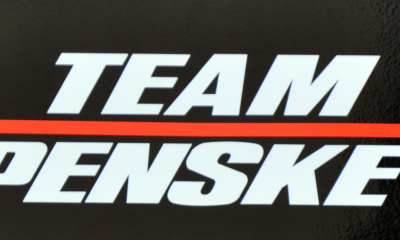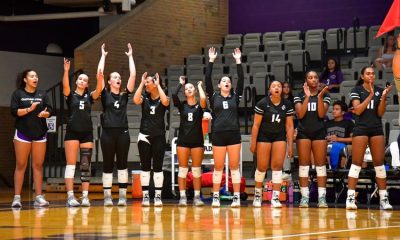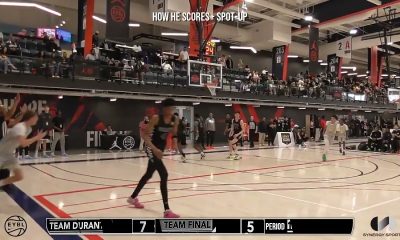Arkansas head coach Sam Pittman says a $2.8 billion antitrust settlement that went into effect this month has leveled the college football playing field in a good way.
Pittman said Arkansas now has a chance to compete on more even terms with other SEC powers like Georgia, Alabama and Texas. Pittman said at SEC media days that his program had previously dealt with a financial disadvantage against schools with more established name, image and likeness collectives since NIL payments began in 2022.
According to the terms of the House settlement, each school can now share up to about $20.5 million with their athletes.
“Financially, with revenue sharing, I think we are finally back on [an] even keel with everybody, which we weren’t,” said Pittman, whose team finished 7-6 in 2024. “If I was going to make an excuse, it would be financially is why we haven’t done quite as well. … But I think now with it being even, look out, the Razorbacks are coming.”
Pittman and most other coaches brought seniors and graduate players to represent their teams at SEC media days, which concluded Thursday. Pittman brought two 2021 recruits and a transfer, but Arkansas could have difficulty finding seniors next year from his original 2022 signing class because many members of that class have transferred.
Pittman, whose Razorbacks have earned bowl bids in four of his five seasons, said players have different reasons for transferring but that many were lured away from Arkansas by more attractive NIL packages at other schools. When asked about the 2022 class, Pittman said, “Here’s what it’s not because of: the way they’re treated, because of the way they’re developed, because of the way they’re taught.”
“That’s not the reason. It could be playing time. It could be finances. Probably the majority of it is finances.”
The House settlement era began on July 1.
The enforcement of the House settlement is still being worked out as the new College Sports Commission informed athletic directors in letters last week that it was rejecting payments to players from collectives created only to pay players instead of as payment for NIL.
Some seniors at SEC media days said NIL payments and the transfer portal have contributed to their decisions to complete their eligibility instead of leaving school early to pursue opportunities in the NFL.
“I would most definitely say so,” Missouri offensive lineman Connor Tollison said. “Obviously, you know, you have a chance to make some money these days. … With the transfer portal, if you don’t have [a necessarily good] opportunity at this place you’re at, you have the chance to go somewhere else and get a fresh start.
“It wasn’t necessarily something I experienced to my college career, but I’ve seen it. You know, it works for plenty of players. So yeah, I think it’s good for the players.”
When asked if NIL makes it easier for players to complete their eligibility, Kentucky coach Mark Stoops, coming off a 4-8 season, said, “Listen, we all love our players, whether they’re one year in our program, six months, or four years.”
Linebacker Alex Afari, defensive back Jordan Lovett and tight end Josh Kattus were the seniors who accompanied Stoops to Atlanta. “Of course I love making money from name, image and likeness,” Lovett said. “But I love football first. You know, football was my first love. So I play for the game, not for money.”
Lovett added his primary motivation for returning was to earn his first win over Georgia.
“It’s the big part of college football now because some dudes just make decisions off, you know, the financial stuff,” Lovett said. “I love football. … I still haven’t, you know, beat Georgia yet. You know, Georgia’s one of my goals.”
Reporting by The Associated Press.
Want great stories delivered right to your inbox? Create or log in to your FOX Sports account, and follow leagues, teams and players to receive a personalized newsletter daily!
recommended

Get more from the College Football Follow your favorites to get information about games, news and more

























































